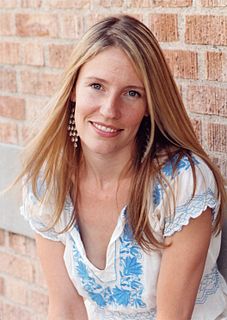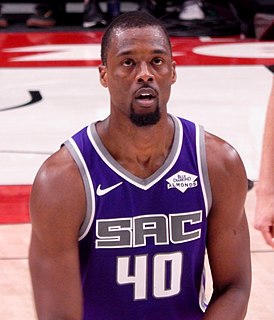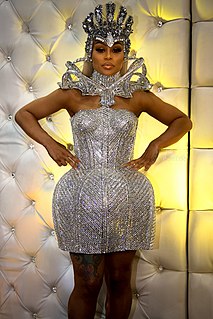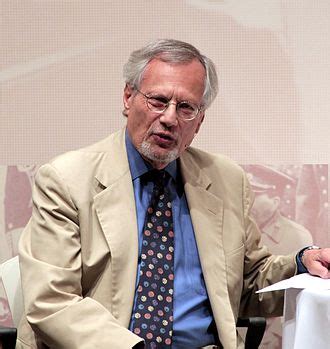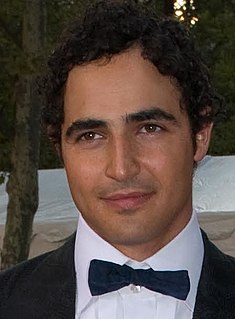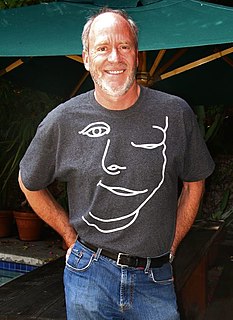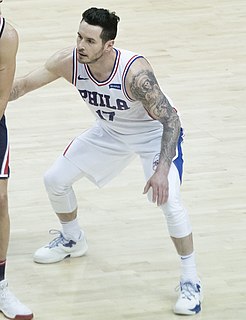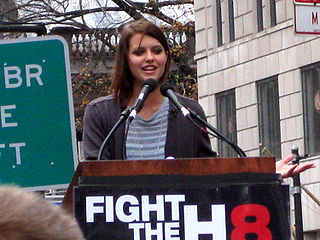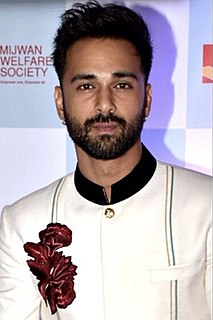A Quote by Whitney Wolfe Herd
I was 24 when I was embroiled in a high-profile lawsuit. This was 2014, long before, en masse and on social media, we said #MeToo and #TimesUp. At the time, I felt completely alone. Visceral, hateful online harassment from strangers left me paranoid and anxious for years afterward.
Related Quotes
A big barrier to people getting help with online harassment is the general attitude either that it's not a real issue - that it's 'only' online - or that it's limited to someone saying they don't like you, and all of that stems from a basic misunderstanding of what we mean when we say 'online harassment.'
When David Fincher called me up a few years ago and said, 'Hey, I'd like you to score this film 'The Social Network,' I said, 'I'm flattered, but I really don't have any real experience scoring films, and I'd rather not screw it up on a high-profile project. And I like you and I don't want to compromise our friendship.'
I'm interested in the opportunity that people can self-create using social media and the online dialogue. Before social media, you needed to have a lot of personal funds to break through to hire the right people and build a presence to start a line. It gives the opportunity and platform for people to be discovered.

